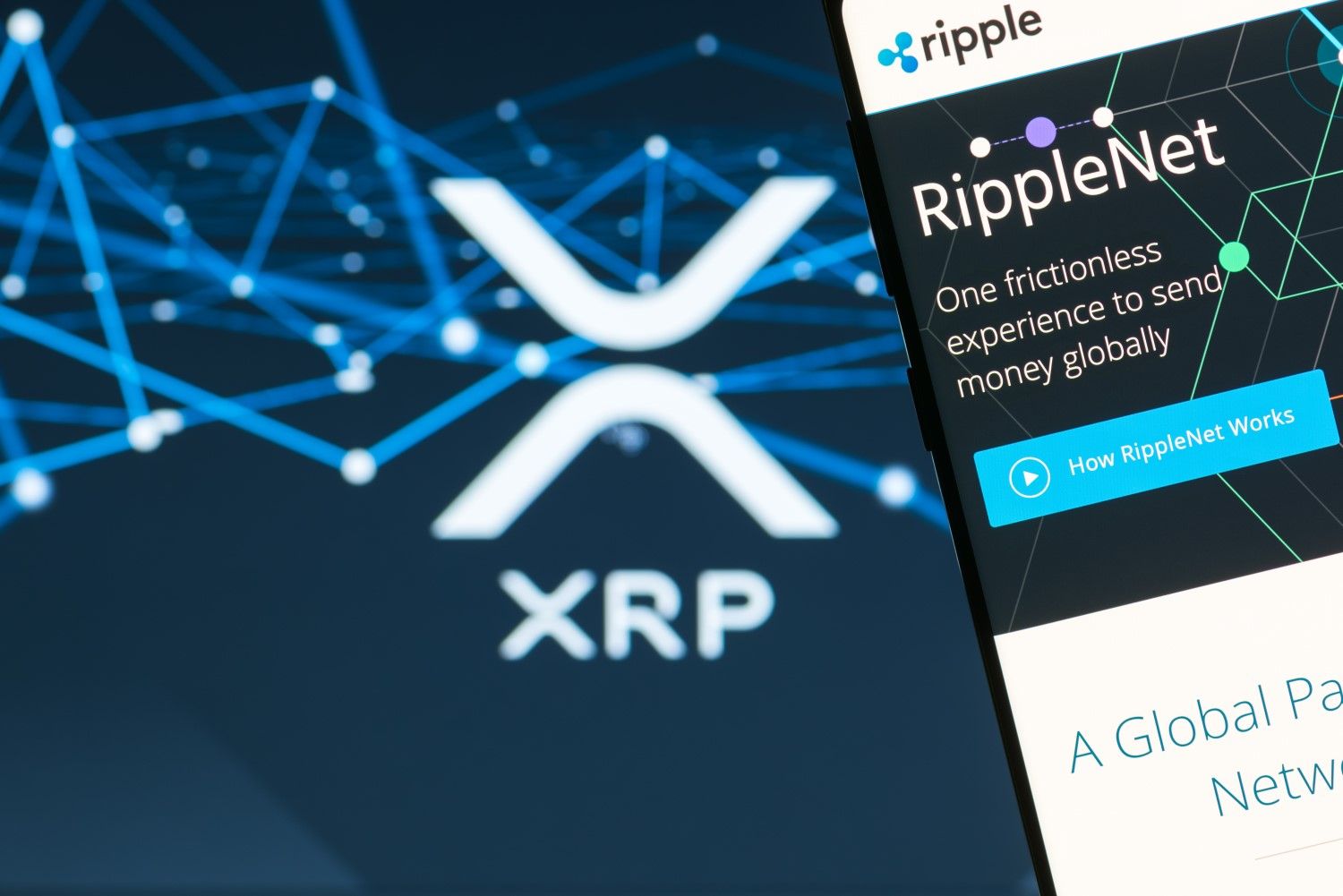Elon Musk officially owns Twitter.
After spending months trying to back out of the deal, the world’s richest person is now running one of the world’s most far-reaching and prominent social media platforms. It also happens to be the platform that Web3 and NFT enthusiasts call home. So what does this mean for the community? And could this takeover actually be good news for Web3?
So far, the reception amongst Web3 figureheads has been mixed over Musk’s purchase. After all, Musk has the potential to make the platform a more crypto-friendly, Web3-integrated place, indicating his desire to potentially incorporate crypto payments into Twitter as far back as June of this year.
However, questions about Musk’s stance toward combating misinformation on the platform linger, to say the least. On October 30, Musk replied to a tweet by Hilary Clinton that accused Republicans of encouraging the people who attacked House Speaker Nancy Pelosi’s husband, Paul, in their home just a few days prior. In the tweet, Musk cited an article peddling a conspiracy theory in the Santa Monica Observer, a publication known for spreading misinformation. In 2016, for example, the Observer published an article claiming that Hilary Clinton had died and a body double had been sent to debate Donal Trump. Musk’s tweet, which has since been deleted, has done little to inspire well-known figures in the Web3 community that his Twitter takeover bodes well for the future of the ecosystem’s most popular platform, at least regarding its culture.
Others are more focused on getting Musk’s attention to add features to Twitter, like a crypto wallet log-in option.
Unsurprisingly, the cryptocurrency Dogecoin has rallied in the wake of Musk’s takeover, up 135 percent from just a week ago, according to CoinGecko. At the time of writing, the token sits at 14 cents per Doge. Musk has previously stated that he owns Dogecoin, and Tesla even accepts the crypto as a form of payment for some of its merchandise on its website. Musk’s affection for the token isn’t new, but after responding to Dogecoin Co-Founder Billy Marcus on Twitter yesterday, the cryptocurrency’s price rose five percent within an hour. CoinGecko also lists Dogecoin as the third most-traded crypto on Coinbase over the last 24 hours.
How Musk might change Twitter
Apart from Musk’s June conversations with Twitter staff that showed a willingness to make Twitter a more crypto-friendly place, there are clear signs that the Tesla giant fully intends to make that a reality.
According to a recent report by Reuters, the popular crypto exchange Binance is developing a team to work on ways to better integrate crypto into Twitter. That the exchange would want to collaborate with Musk in this fashion is unsurprising, and the company previously invested $500 million into Musk’s Twitter Inc. acquisition and is likely eager to influence Musk in the changes he makes in the coming months.
Binance’s new team is reportedly focusing on building solutions to Twitter’s bot issues, specifically in the website’s Web3 peninsula. Musk has complained about Twitter’s use of company resources to develop what he views as cosmetic distractions to the space instead of dealing with the proliferation of crypto scams on its platform.
The changes to the platform could come swiftly. Keeping with his cavalier attitude, Musk recently disbanded Twitter’s board of directors, making himself the “sole director” of the company. Since acquiring the company, he also announced he’s making changes to Twitter Blue, the platform’s verification system, increasing the optional $4.99 monthly subscription to $19.99, according to information obtained by The Verge. Verified users would have 90 days to subscribe or lose their blue checkmark.
While Musk says this is the “only way to defeat bots & trolls” and that he’ll explain the rationale further before it’s implemented, the proposal is already proving divisive. Some well-known Twitter users have threatened to leave the platform over the fee increase, while others have pointed out that the verification mark is crucial in allowing journalists to avoid jail time in countries with authoritarian regimes. Raising the verification price could significantly impact their ability to protect themselves from state harassment.
Disrupting the payments industry — again
There is reason to believe that Musk is interested in using Twitter to revamp the payments industry once again, as he did with PayPal in the 90s. Besides collaborating with Binance’s CEO Changpeng Zhao, Musk has also brought in fellow PayPal alumnus David O. Sacks and a16z investor Sriram Krishnan.
These collaborations indicate that Musk’s potential political-cultural impact on Twitter, no matter how controversial, could be dwarfed by a logistical one. If executed properly, Musk could be the first person to successfully unite crypto payment systems with a major social media platform.
That matters greatly to the space. So far, Reddit holds the title of the most prominent onboarding force in the Web3 ecosystem after executing its Collectible Avatars master play. Still, it achieved this while avoiding making its users pay in crypto and skirting around the term “NFT.” Twitter has Web3 home-field advantage. There’s little reason why Musk would do anything here but press down on the gas pedal. Antics and free-speech discussions aside, Musk’s plans for Twitter’s relationship with Web3 are tantalizingly bullish.
Read More: nftnow.com









 Bitcoin
Bitcoin  Ethereum
Ethereum  Tether
Tether  XRP
XRP  Solana
Solana  Dogecoin
Dogecoin  Cardano
Cardano  USDC
USDC  Lido Staked Ether
Lido Staked Ether  Shiba Inu
Shiba Inu  Avalanche
Avalanche  TRON
TRON  Toncoin
Toncoin  Stellar
Stellar  Wrapped stETH
Wrapped stETH  Polkadot
Polkadot  Wrapped Bitcoin
Wrapped Bitcoin  Chainlink
Chainlink  WETH
WETH  Bitcoin Cash
Bitcoin Cash  Sui
Sui  Pepe
Pepe  Litecoin
Litecoin  NEAR Protocol
NEAR Protocol  Hedera
Hedera  LEO Token
LEO Token  Uniswap
Uniswap  Wrapped eETH
Wrapped eETH  Aptos
Aptos  Internet Computer
Internet Computer  USDS
USDS  Cronos
Cronos  Ethereum Classic
Ethereum Classic  POL (ex-MATIC)
POL (ex-MATIC)  Artificial Superintelligence Alliance
Artificial Superintelligence Alliance  Bittensor
Bittensor  Render
Render  Ethena USDe
Ethena USDe  Filecoin
Filecoin  Algorand
Algorand  Arbitrum
Arbitrum  Stacks
Stacks  Dai
Dai  Celestia
Celestia  Bonk
Bonk  Cosmos Hub
Cosmos Hub  Immutable
Immutable